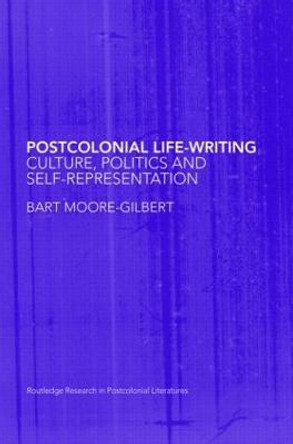Description
This edited collection explores how national airlines in postcolonial states operate at the complex intersection of corporate branding, cultural governance, tourism development, and national identity formation. It conceptualizes airplanes and airports as both tangible infrastructural spaces and symbolic domains that connect geographically distant regions while embodying aspirations of political sovereignty and cultural unity. Through diverse case studies spanning multiple continents, the book examines how commercial aviation's physical and cultural spaces either reinforce or challenge colonial histories and imperial legacies.
The volume reveals how modern Western imperial narratives were shaped through specific cultural and social negotiations that played out in airline branding, route networks, service standards, and cultural policies. It analyzes how airlines serve as vehicles for projecting soft power and cultural diplomacy while mediating between local traditions and global modernity. Drawing on rich empirical examples from Angola, Argentina, Australia, Belgium, Brazil, Jamaica, Kenya, France, Hong Kong, Indonesia, Lebanon, Mexico, Peru, South Africa, Turkey, and the United States, this collection demonstrates how airlines employ sophisticated cultural management and corporate branding strategies to shape national and regional identities.
By examining airlines as sites where business strategy, cultural policy, and identity politics intersect, this collection advances our understanding of how transportation infrastructure shapes social imaginaries and power relations in our increasingly connected yet culturally diverse world. The research has important implications for scholars of business history, cultural studies, postcolonial theory, and transportation geography, while offering practical insights for policy makers and airline industry leaders.
About the Author
Bart Paul Vanspauwen is a researcher at the Institute of Ethnomusicology (INET-md) at NOVA University Lisbon (Portugal). He holds an MA and PhD in Ethnomusicology from NOVA, as well as a Postgraduate Degree in Cultural Studies and a Bachelor's Degree in Literature from Katholieke Universiteit Leuven (Belgium). His research focuses on Afro-Portuguese and Portuguese-Brazilian cultural relations from a comparative postcolonial perspective. He previously held a postdoctoral fellowship for the 'Sounds of Tourism' project (NOVA), exploring TAP Air Portugal, and is currently involved in two ongoing projects: 'Constellations of Memory' (University of Lisbon) and 'Lusophone Pop-Peripheral Music Networks' (Fluminense Federal University).
Inigo Sanchez-Fuarros is a tenured researcher at the Institute of Heritage Sciences (INCIPIT) within the Spanish National Research Council (CSIC). He earned his PhD in anthropology from the University of Barcelona. His research explores the intersections of expressive culture, tourism, materiality, and heritage formation, with particular emphasis on experimental methodologies combining ethnography, image, and sound. He authored Cubaneando en Barcelona: Musica, migracion y experiencia urbana (CSIC, 2012) and co-edited Ambiance, Tourism and the City (Routledge, 2023).
Book Information
ISBN 9781032843506
Author Bart Paul Vanspauwen
Format Hardback
Page Count 308
Imprint Routledge
Publisher Taylor & Francis Ltd
Weight(grams) 453g




